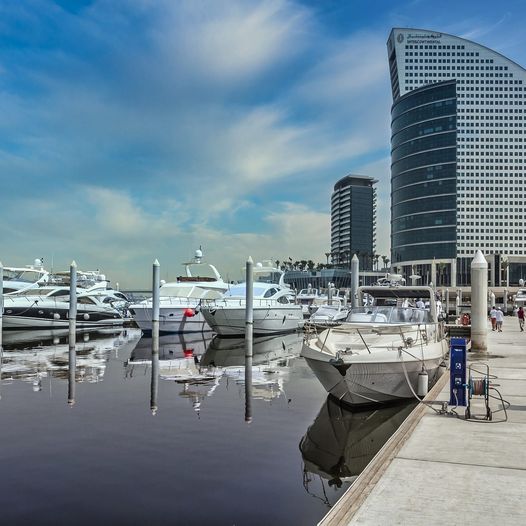
House prices in Dubai decreased by 3.27% y-o-y in Q2 2020.
UAE’s property market is hugely affected by a deepening supply glut of apartments as well as oil. By Q2 2020 residential property prices in Dubai fell by 3.27%, which can be considered an improvement compared to the previous year’s 6.86% decline. In addition to that, a 1.44% decline in house prices has been registered in the last quarter?.
Dubai’s real estate market has always been one of the world’s most volatile. From Q3 2008 to Q3 2011, the city had suffered a shattering housing crash with house prices plummeting by 53%. In late 2011, the housing market began to recover and until Q4 2014 prices had been rising reaching a total of 67%. Since then the property market has experienced a downturn.
House prices in Dubai are not expected to increase this year. And the main reason for that is a huge supply, deepened by low demand due to the COVID-19 pandemic. In 2019, Dubai’s residential stock increased by about 56,000 units bringing the total to 575,000, according to JLL MENA. As to Abu Dhabi, the number of new units amounted to 8,000 and the total to 265,000.
There are several other factors that have affected the market as well. For instance, the pace of residential value appreciation in Abu Dhabi and Dubai has been slowed down by the Federal Mortgage Cap of 2013. In addition to that, the Dubai Land Department has recently raised property registration fees making it 4% instead of 2% in order to reduce property demand. The value added tax (VAT), introduced in January 2018 is yet another factor. The 5% VAT is only applied to property sales after three years of project completion while sales within three years of completion are VAT free.








































